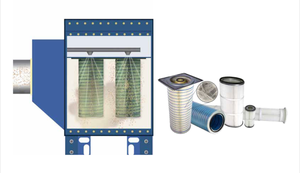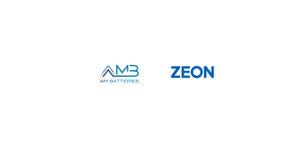February 11, 2011
In a statement submitted to a key House Homeland Security Subcommittee, the Society of Chemical Manufacturers and Affiliates (SOCMA), called for swift congressional action to pass a three-to-five year authorization of current Chemical Facility Anti-Terrorism Standards (CFATS) that expire March 4.
Held before the Subcommittee on Cybersecurity, Infrastructure Protection and Security Technologies, the hearing, included witnesses from Department of Homeland Security (DHS), the chemical manufacturing industry, and academia who spoke on the effectiveness of the current standards, the status of their implementation, and legislative recommendations for Congress as the authorization for CFATS nears expiration. Timothy Scott, chief security officer for SOCMA member company Dow Chemical, was among the witnesses.
“The need for annual reauthorization of the program has created uncertainty for the chemical industry, which is making large financial investments in tools and technology in order to comply with the current CFATS standards,” wrote SOCMA President Lawrence D. Sloan. “Without the assurance of a long-term authorization of chemical security regulations, companies run a risk of investing in costly activities today that might not satisfy regulatory standards tomorrow.”
Sloan cited the importance of implementing the program from start to finish, which would provide both DHS and chemical companies the ability to assess the overall efficacy of CFATS, identify its areas of strength and weakness, and subsequently make (or recommend to Congress) any necessary improvements. He reiterated SOCMA’s steadfast opposition to provisions included in House-passed legislation from the 111th Congress that would have required chemical facilities to use “inherently safer technologies” (IST) in their processes.
“An IST mandate on the chemical industry would take decisions away from the process safety experts who know their own processes the best,” Sloan said.
With regard to future chemical security legislation, SOCMA recommended that Congress should:
* Extend the authorization of existing chemical facility security standards for three or more years
* Abandon any IST mandate, as it will create negative unintended consequences and increase or transfer overall risks
Sloan also praised the subcommittee chair and ranking member for bringing attention to chemical security issues so early in the 112th Congress, and called for a strong bipartisan effort to preserve current standards.
SOCMA will continue to work with both the House and Senate Homeland Security Committees towards crafting a long-term authorization of CFATS. On April 13, SOCMA members will take their message directly to Congress and discuss their position with lawmakers and their staff during SOCMA Connect’s 4th Annual Washington Fly-in.
For more information about SOCMA’s position on IST, visit www.socma.com/ist.
You May Also Like


